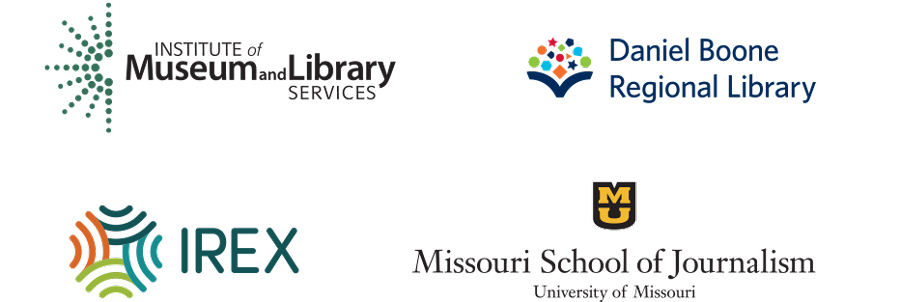 More and more of us get our latest news from social media, but when your feed is a mix of personal comments, opinion, news, satire and misinformation, how can you decide what is true and what isn’t? We all need to be careful. What you choose to share may be helpful or it could cause harm.
More and more of us get our latest news from social media, but when your feed is a mix of personal comments, opinion, news, satire and misinformation, how can you decide what is true and what isn’t? We all need to be careful. What you choose to share may be helpful or it could cause harm.
Here’s a list of tips to help you figure out whether what you’re seeing is truth or misinformation.
-
Consider the source.
Find out where the story or photo originally appeared. Is the original source of the information a reputable news organization or resource?
-
Read the entire article.
Headlines may be sensationalized to get you to read the story and may be misleading. It’s important to read beyond the headline to get the complete story.
-
Check the author.
Do a quick search of the author to help you determine whether they are real and have written for well-known sources.
-
Look for other supporting sources.
Can you find other well-established sources with the same information? Do the facts match between all the articles?
-
Look at the date on the article.
If it’s old news, it may no longer be relevant to current events.
-
Determine whether it’s a joke.
If what you’re seeing appears outlandish, it could be satire. Check the original site and author to be sure.
-
Consider your personal biases.
We tend to believe information that supports what we already think, and that confirmation bias can make it hard to spot misinformation.
-
Gauge your emotional response.
Be careful of stories using emotion-laden words with minimal evidence. Determine how it makes you feel, then check other sources to validate the information.
-
Ask the experts.
To help you separate fact from misinformation, use an online fact-checking resource like www.snopes.com or www.factcheck.org.
To learn more, watch our recorded video program, “Fact, Opinion or Misinformation,” on the library’s YouTube channel.
Library staff can also present a Zoom program on news literacy to your organization. Request a virtual visit from the library online or contact ref@dbrl.org for more information.
The Daniel Boone Regional Library has teamed up with the Missouri School of Journalism and IREX (International Research & Exchanges Board) to educate the public about media literacy. The effort is funded in part by a grant from the Institute of Museum and Library Services under the provisions of the Library Services and Technology Act as administered by the Missouri State Library, a division of the Office of the Secretary of State.

